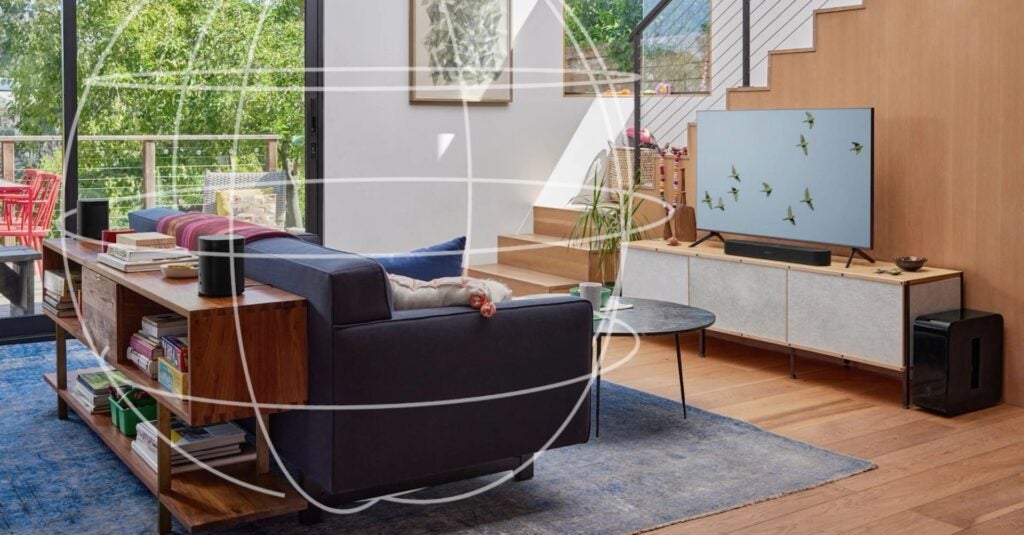Creating Iconic Audio Experiences
With the advent of spatial audio and 3D audio effects, smart speakers now have the ability to use advanced algorithms and audio processing techniques to place sounds in different parts of a room, creating immersive audio landscapes. In addition, by using precise positioning technologies like Ultra-WideBand (UWB) to localise the listener, these immersive experiences can potentially be much more directed and even follow a listener as they move around a room.

In this studio, we will work with Bang & Olufsen (who are renowned for creating iconic audio experiences) as well as faculty members and students from the NUS Division of Industrial Design to explore these and other technologies (e.g. flexible electronics, electronic fabrics, and innovative mechanical designs for headphones, etc.) to design and test new listening experiences.


Examples of problem statements in this studio:
- Localising listeners: how can we detect accurately how many people are in the room and where they are positioned?
- Directing music dynamically: how can we detect how many speaker products are present and control them to direct music optimally to different listeners?
- Innovative materials and mechanical designs for headphones: how can we use flexible electronics, electronic fabrics, and other innovative mechanical designs to design better headphones?
Project partner: Bang & Olufsen
Project supervisors:
- Dr Yen Shih Cheng (sc.yen@nus.edu.sg)
- Mr Graham Zhu (graham88@nus.edu.sg)
- A/Prof Patrick Chia (patrick.chia@nus.edu.sg)
Studio timeslot in Semester 2 AY2024/2025:
- Thursday 1 pm to 4 pm

